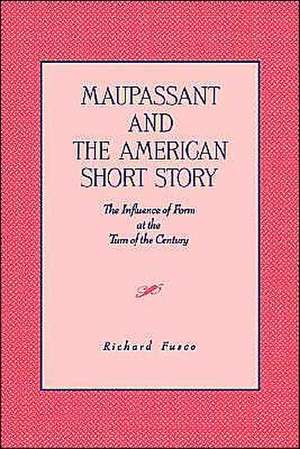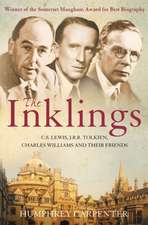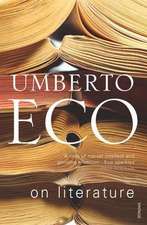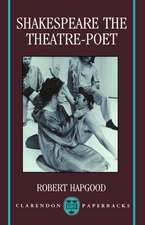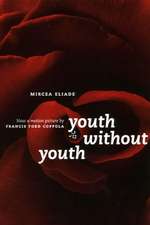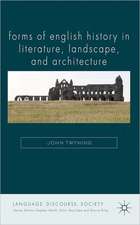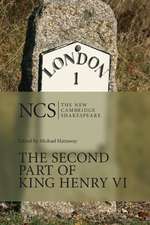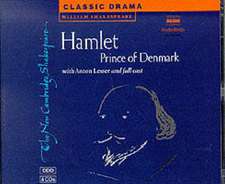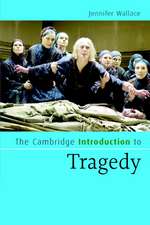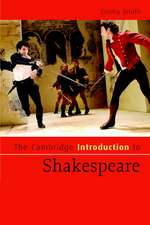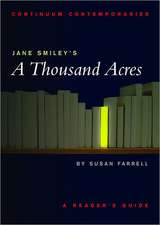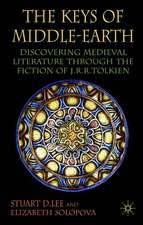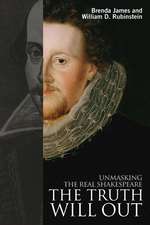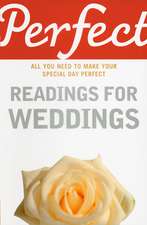Maupassant and the American Short Story – The Influence of Form at the Turn of the Century
Autor Richard Fuscoen Limba Engleză Paperback – 14 apr 1994
An important moment in the history of the short story occurred with the American misreading of Maupassant's use of story structure. At the turn of the century, writers such as Bierce and O. Henry seized upon the surprise-inversion form because Maupassant's translators promoted him as championing it. Only a few writers, such as James and Chopin, both of whom read Maupassant in French, appreciated his deft handling of form more fully. Their vision and the impact of Maupassant upon their fiction was largely ignored by later generations of writers who preferred to associate Maupassant and O. Henry with the "trick ending" story. This book details the origins and consequences of this misperception.
The book further contributes to the study of the short-story genre. Through an adaptation of Aristotelian concepts, Richard Fusco proposes an original approach to short-story structure, defining and developing seven categories of textual formulas: linear, ironic coda, surprise-inversion, loop, descending helical, contrast, and sinusoidal. As a practitioner of all these forms, Maupassant established his mastery of the genre. By studying his use of form, the book asserts a major reason for his pivotal importance in the historical development of the short story.
Preț: 279.68 lei
Nou
Puncte Express: 420
Preț estimativ în valută:
53.53€ • 55.73$ • 45.24£
53.53€ • 55.73$ • 45.24£
Carte tipărită la comandă
Livrare economică 07-21 martie
Preluare comenzi: 021 569.72.76
Specificații
ISBN-13: 9780271026343
ISBN-10: 0271026340
Pagini: 244
Dimensiuni: 152 x 229 x 18 mm
Greutate: 0.34 kg
Editura: Penn State University
ISBN-10: 0271026340
Pagini: 244
Dimensiuni: 152 x 229 x 18 mm
Greutate: 0.34 kg
Editura: Penn State University
Textul de pe ultima copertă
Maupassant and the American Short Story isolates and develops more fully than any previous study the impact of Maupassant's work on the writing of Ambrose Bierce, O. Henry, Kate Chopin, and Henry James. It introduces a new perspective to assess their canons, reviving the importance of many often-ignored stories and, in the cases of Maupassant and O. Henry, reasserting the necessity of studying such writers to understand the history of the genre. An important moment in the history of the short story occurred with the American misreading of Maupassant's use of story structure. Before the turn of the century, Jonathan Sturges and others published mostly surprise-inversion tales in translation. Especially inspiring Bierce and O. Henry, this skewed sample implied to American writers that Maupassant constructed such plots exclusively. Only a few writers, such as James and Chopin, both of whom read Maupassant in French, appreciated his deft handling of form more fully. Their vision and the impact of Maupassant upon their fiction was largely ignored by later generations of writers who preferred to associate Maupassant and O. Henry with the "trick ending" story. This book details the origins and consequences of this misperception. The book further contributes to the study of the short-story genre. Through an adaptation of Aristotelian concepts, Richard Fusco proposes an original approach to short-story structure, defining and developing seven categories of textual formulas: linear, ironic coda, surprise-inversion, loop, descending helical, contrast, and sinusoidal. As a practitioner of all these forms, Maupassant established his mastery of the genre. By studying his use of form, the book assertsa major reason for his pivotal importance in the historical development of the short story.
